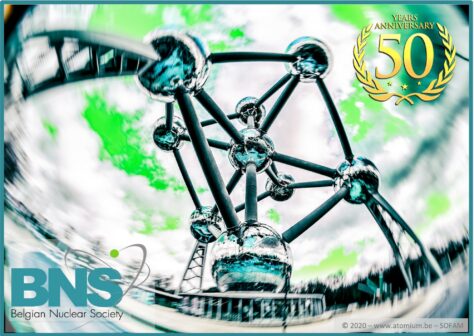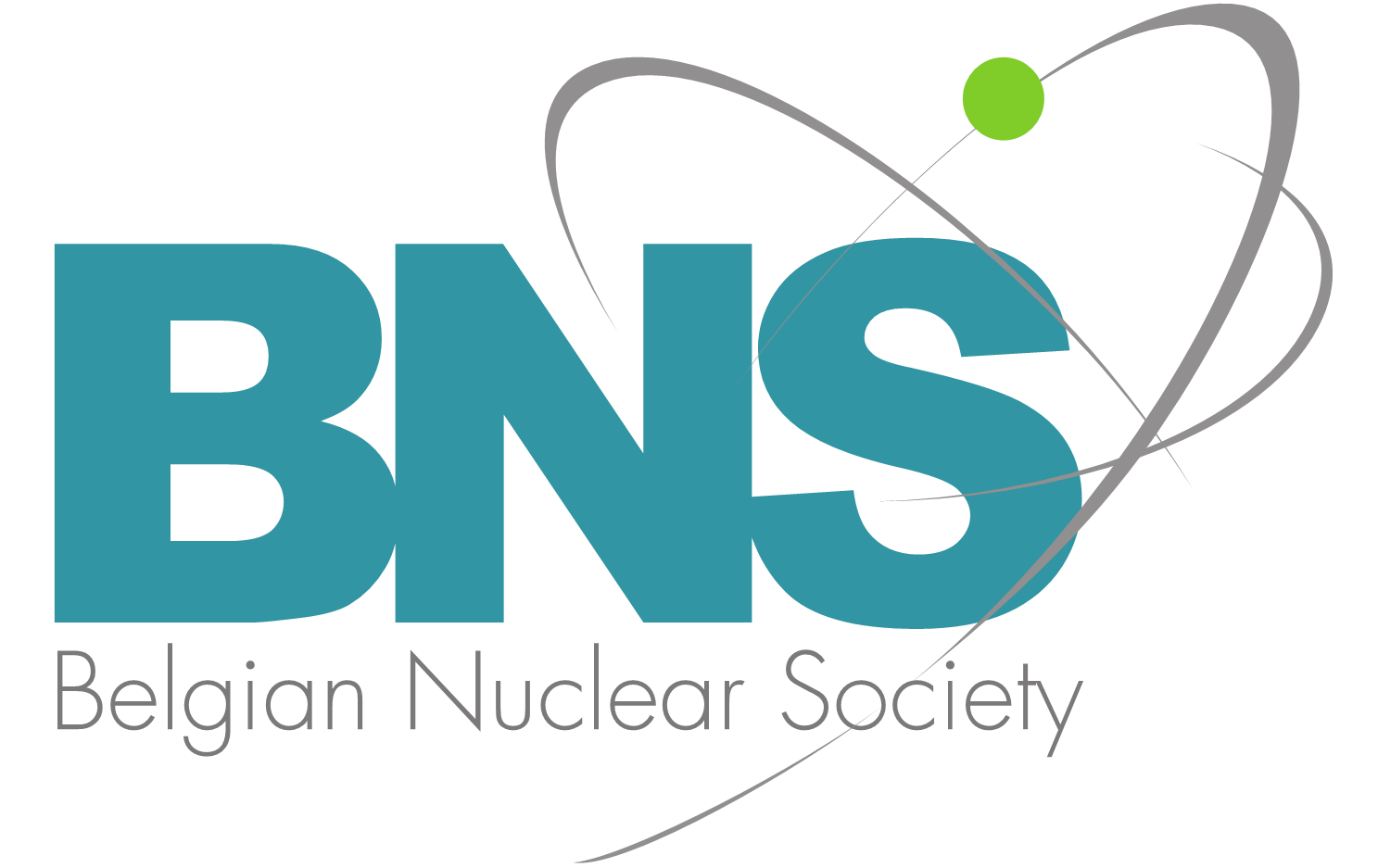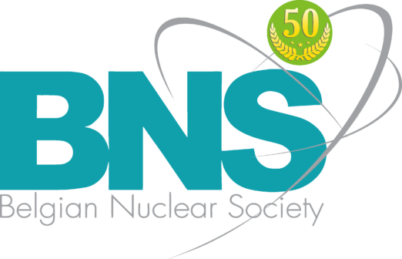
The Belgian Nuclear Society Celebrates Its 50th Anniversary
In 1970, a small branch of the American Nuclear Society (ANS) was created in Belgium. Its original vocation was to offer a science-based platform for those contributing to the development of nuclear-related activities. The European Nuclear Society (ENS) was born a few years later, in 1975, in Paris. Soon after, in 1980, in a spirit of close contact and European integration, the Belgian Nuclear Society (BNS) was created.
The year 1970 was already quite a milestone in the development of nuclear energy in Belgium:
- The Belgian Reactor 3 (BR3), based in Mol at SCK•CEN, was for about a decade the proud first pilot Pressurized Water Reactor (PWR) operating in Western Europe. In the Ardennes, the commercial reactor at Chooz A (a joint project with France) was delivering power for already 3 years;
- Doel 1-2 and Tihange 1, the first commercial Belgian PWR’s, were under construction;
- Eurochemic, the pilot plant for spent fuel reprocessing, a joint project under the European Nuclear Energy Agency (i.e. the OECD Nuclear Energy Agency since 1972), was in operation in Dessel;
- Belgonucléaire was designing its MOX plant in Dessel, based on the experience gained on a pilot plant which delivered the first MOX fuels in BR3 as early as 1963;
- MMN was operating and later became FBFC which fabricated the fuel assemblies for the first cores of the two first French PWR’s at Fessenheim;
- Institut des Radioéléments was in gestation within the SCK•CEN as the Radioelements section, then founded as IRE in 1971.
Today, in 2020, many things changed, and continue to make Belgium proud:
- BR3, Eurochemic, and Belgonucléaire Mox plant have been successfully dismantled, providing a valuable and world top-notch return of experience;
- Doel 1-2 and Tihange 1 are under long-term operation beyond their initial design lifetime;
- The MYRRHA project, at the SCK•CEN in Mol, started phase 1 of its development, bringing once again Belgium in the foreground of innovation and ambition in the international research community;
- Belgium’s nuclear fleet provides about 50% of the Country’s power supply, greatly contributing to a low-carbon electricity production;
- Numerous involvements of Belgian companies, universities and other institutions in other peaceful applications of nuclear technology such as nuclear medicine and radio-isotopes production, particle accelerators development for research-production and therapy. Belgium is recognized as a key country in nuclear medicine.
Over these 50 years, the BNS has contributed to keeping a widely recognised high level of nuclear expertise ranging from energy to space in the country by organising high-quality evening lectures, and by fostering regular exchanges and informal networking contacts between its members. The BNS hopes that decision makers, in Belgium and at European Union level, will use this expertise for the benefit of a sustainable society of today and tomorrow, though power production, medical applications, and other services.
In October 2020, the BNS intends to officially celebrate its 50-year anniversary. The first part of the event will be dedicated to a conference, where members and experts will exchange on scientific topics. It will be followed by a festive celebration in the evening. We are presently organising the details (whatever should be the final date of the event), and looking forward to count you among the esteemed participants who will join us to celebrate this milestone. Let’s hope we can perpetuate in a Royal manner the noble ideas of the Atom For Peace, which became the symbol of our capital Brussels after the Universal Exposition in 1958.


